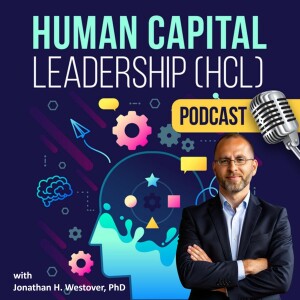

Unlike any other state, California effectively deputizes employees to act as “Private Attorney Generals” to sue employers for PAGA claims—both for themselves, and for their co-workers. But since the individual claims can get compelled to arbitration, employees started to file claims only on behalf of the “body” of co-workers, asserting no claim on behalf of themselves as the “head” of the case.
Employer litigator Monte Grix explains how PAGA evolved into their “headless” form. Monte, Tim, and Jeff discuss the four cases currently on review before the California Supreme Court, including Leeper v. Shipt. Monte offers an inside view from the defense side, explaining why employers see these actions as a threat to arbitration agreements and the subject of growing appellate friction.
Also in this episode:
- How Viking River Cruises and Adolph v. Uber set the stage for today’s headless-PAGA storm.
- Strategic pleading: why some plaintiffs drop their individual claims to avoid arbitration.
- The standing trap: can a plaintiff assert representative PAGA claims without showing personal harm?
- The stakes in the four pending California Supreme Court cases: if a plaintiff can skip arbitration by asserting only representative claims, is PAGA immunity from arbitration complete?
- Turrieta v. Lyft: why copycat plaintiffs can’t intervene in pending PAGA settlements.
- Rodriguez v. Packer Sanitation and the Fifth District’s lesson in reading "and" as "and/or".
Plus: a side quest into unconscious bias, tenure-track discrimination, and why arbitration clauses remain a sore spot for appellate lawyers.
Then: the California Supreme Court's recent ruling in Hohenshelt eases the "30-day rule" for arbitration payments. Employers who pay a day late haven’t necessarily waived their rights—and Monte predicts the U.S. Supreme Court may eventually weigh in.
Tune in for appellate nuance, strategic pleading, and the headless claims keeping California employers (and the courts) up at night.
More Episodes
All Episodes>>Create Your Podcast In Minutes
- Full-featured podcast site
- Unlimited storage and bandwidth
- Comprehensive podcast stats
- Distribute to Apple Podcasts, Spotify, and more
- Make money with your podcast












